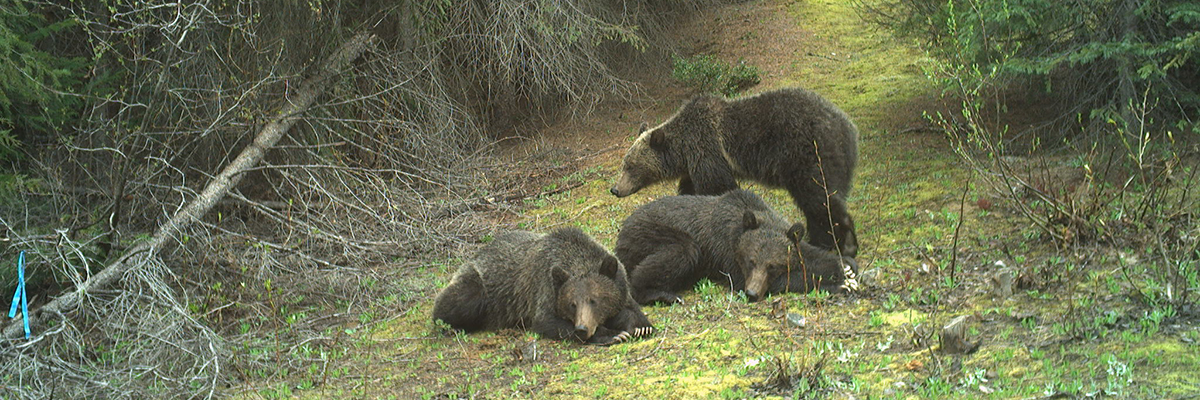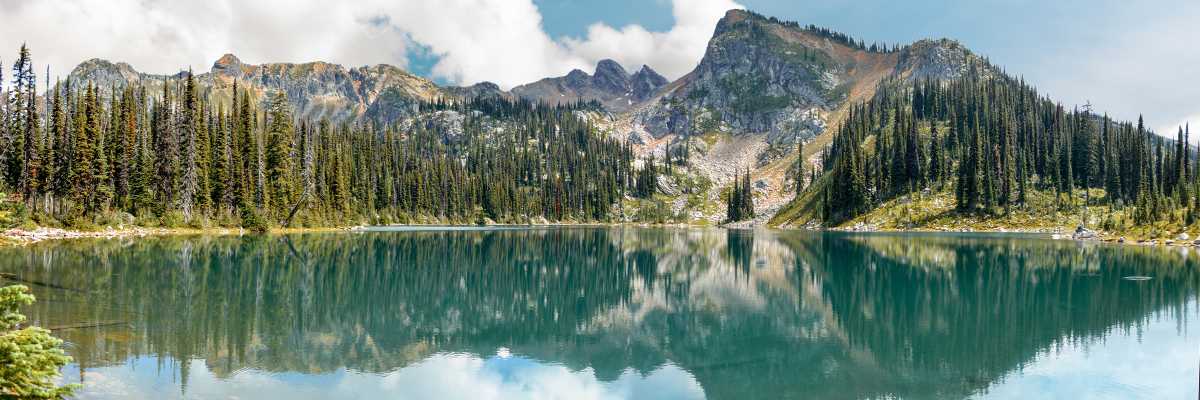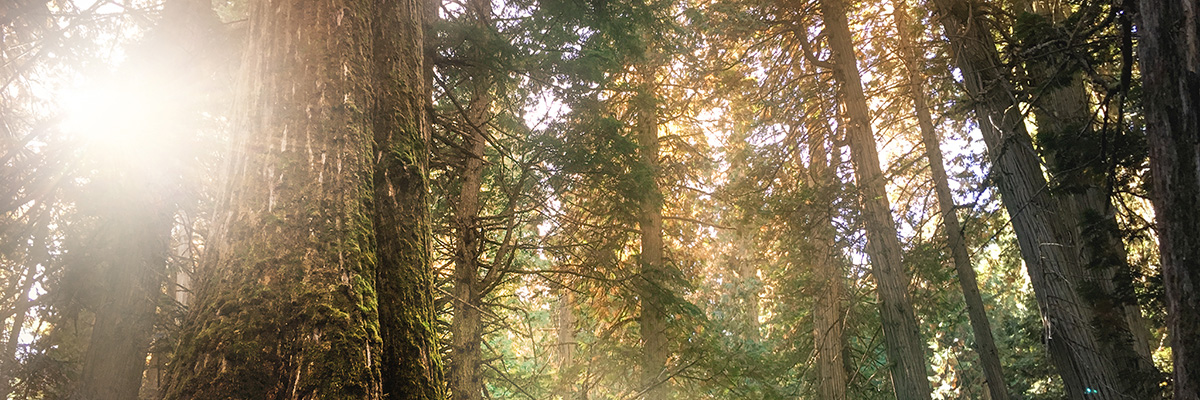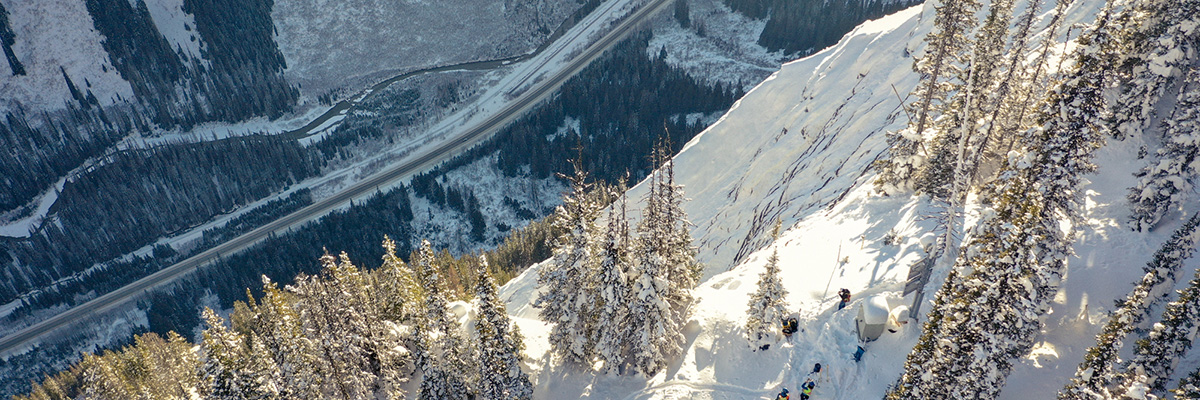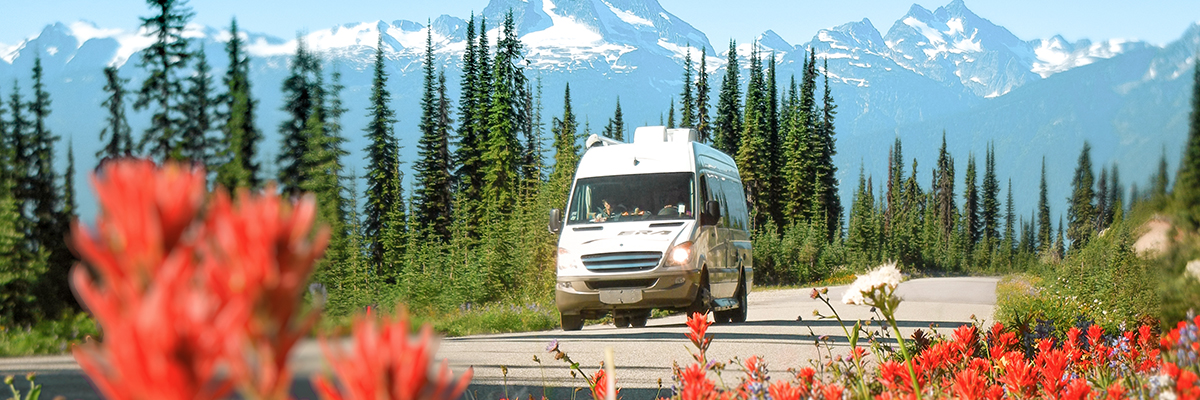
Management plan progress
Glacier National Park
Parks Canada has made great progress in implementing the 2022 Management Plan in Mount Revelstoke and Glacier national parks and Rogers Pass National Historic Site.
On this page
- Key strategy one - Conserving natural and cultural heritage for future generations
- Key strategy two - True to place experiences
- Key strategy three - Strengthening Indigenous relations
- Key strategy four - Crossing the Columbias: Transportation, assets and infrastructure
- Management areas - Meadows in the Sky area – from Columbia River Valley to alpine headwaters
Most requested
Key strategy one - Conserving natural and cultural heritage for future generations
The protection of natural and cultural resources and park landscapes are core to the purpose of the park’s existence, and maintaining and restoring ecological integrity is the first priority in park management.
In 2023, Parks Canada implemented new alpine measures to better capture the impacts of climate change, placed salt licks for mountain goats in safer locations away from the highway, worked with partners on projects to benefit habitat connectivity and achieved significant results from the fire management program.
Key strategy one detailed progress
Improving ecological integrity
New alpine measures have been implemented to better capture the impacts of climate change. Two examples are monitoring pika as a key high alpine species and measuring forest encroachment in alpine areas through remote camera and drone footage.
Cultural resources
Vegetation clearing and landscaping are ongoing measures to protect cultural resources. This year, significant ground works were completed around Wheeler Hut to protect from snow and moisture buildup along the foundation.
Wildlife and the Trans-Canada Highway
To keep mountain goats off the highway, Parks Canada is placing mineral licks (salt intended for animal consumption) in safer locations along the goat’s usual paths. This is just one action Parks Canada is taking to help keep goats safe along the highway and reconnect natural corridors.
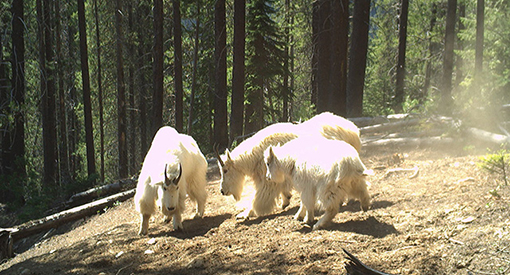
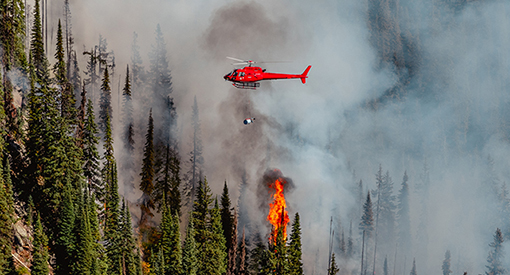
Connectivity
Mount Revelstoke and Glacier are working with Indigenous partners, federal and provincial governments and other stakeholders on restoring habitat connectivity across landscapes. Through multiple projects, habitat connectivity will benefit caribou, grizzly bears, wolverine, mountain goats, pine marten and many more species.
Public safety
Parks Canada’s fire management program continues to achieve significant results:
- Mitigation – conducting Fire Smart work around facilities, maintaining 22 hectares along base of Mount Revelstoke for the Revelstoke Community Fire Guard
- Preparedness and response - highly trained team of wildfire management and response personnel, safely managed 11,000 hectares of wildfire in the last 6 years.
- Restoration - safely conducted four prescribed fires totalling 590 hectares for wildfire risk reduction and habitat restoration.
Key strategy two - True to place experiences
National Parks and national historic sites provide exceptional opportunities for Canadians to develop a sense of connection to natural and cultural heritage. The opportunity to be immersed in nature, history and diverse cultures while surrounded by wilderness and mountain landscapes is truly distinctive. Maintaining the authenticity and quality of this experience while ensuring that visitors understand its uniqueness is central to Parks Canada’s mandate.
Parks Canada made significant progress in this key strategy in 2023 by installing trail and traffic counters, designing fully accessible and inclusive buildings, connecting with Canadians through social media and in person events and improving the Winter Permit System.
Key strategy two detailed progress
Monitoring visitor use
Trail and traffic counters were installed that provide data how visitors are using the parks. This supports prioritization of projects.
Accessibility and Inclusiveness
New washroom buildings at Snowforest Campground and Rogers Pass were designed to be fully accessible and inclusive.
Sharing stories
In summer 2023, the outreach team interacted with over 2,300 people at events or venues in Revelstoke, Golden, Armstrong, Salmon Arm and Vancouver. Teaching about bear safety, glaciology, species at risk, wildfire and insect outbreaks.
New experiences
Glacier hosted the ninth Learn to camp program in collaboration with Kamloops Immigrant Services and Kelowna Community Resources, helping 50 new participants become more confident with camping in Canada.
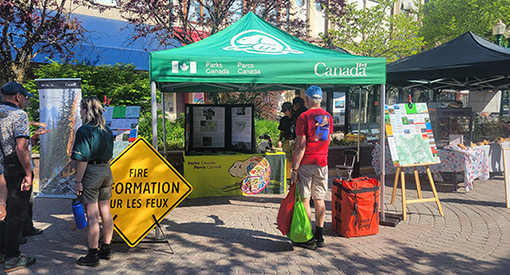
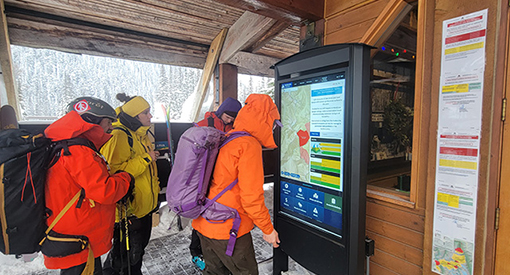
Connecting with Canadians
Parks Canada continues to reach Canadians where they are, sharing stories about the parks. The Mount Revelstoke and Glacier Facebook page has 16,000 followers and receives good engagement and feedback on content. Virtual learning opportunities with “Exploring by the Seat of Your Pants” reached classrooms across the country on climate change and snow science. A new four-part series called “Crossing the Columbias” launched in fall 2023.
Winter Permit System
To meet the needs of increasing numbers of backcountry users, the Winter Permit System continues to evolve. This includes new online tools, increased social media and advertising campaigns, updated web content, increased in-park compliance and information capacity and other measures to ensure awareness and compliance.
Sense of Place
Welcoming visitors to Mount Revelstoke National Park, Glacier National Park and/or Rogers Pass National Historic Site helps set the stage for meaningful visits. Renewed welcome opportunities include the Revelstoke Administration Building and a West Welcome Kiosk as the gateway to the mountain national parks.
Key strategy three - Strengthening Indigenous relations
The Government of Canada has committed to deepen and strengthen relationships with Indigenous peoples. With approaches founded in renewed relationships, respect and cooperation, the mountain national parks will continue to recognize Indigenous connections and work with Indigenous partners to advance priorities of mutual interest.
In 2023, Parks Canada collaborated with Indigenous partners on caribou conservation and restoration, creating an Indigenous Guardians Program and visitor experience planning.
Key strategy three detailed progress
Indigenous partners
Parks Canada works with Indigenous partners whose traditionally used lands and waters include Mount Revelstoke and Glacier national parks and Rogers Pass National Historic Site including the Ktunaxa, Secwépemc and Syilx Okanagan peoples. Parks Canada is committed to reconciliation and renewed relationships with Indigenous peoples, based on a recognition of rights, respect, cooperation and partnership.
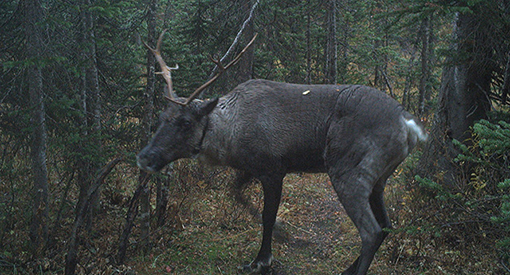
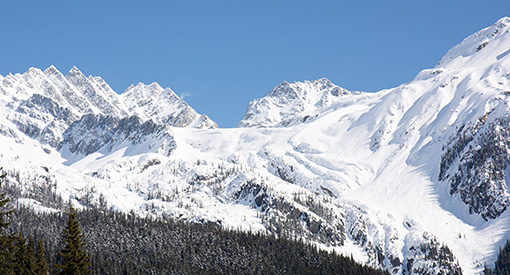
Caribou conservation and restoration
Following formal extirpation of the Columbia South Caribou Herd, Parks Canada continues to collaborate with Indigenous partners, the Province of British Columbia and other stakeholders on habitat restoration and the development of a caribou conservation corridor vision and strategy for re-introduction of caribou to the area that includes Mount Revelstoke and Glacier.
Indigenous stories and histories
Parks Canada is working on collaboration with Indigenous communities whose traditionally used lands and waters include Mount Revelstoke and Glacier national parks in all visitor experience planning. First steps includes discussions on renewing the stories told in Rogers Pass.
Secwépemc Indigenous Guardians Program
Shuswap Band, Splatsin, Skw’lax te Secwepemculucw, Adams Lake and Neskonlith are working with Parks Canada to create an Indigenous Guardians Program in four National Parks, Mount Revelstoke, Glacier, Yoho and Kootenay beginning 2024.
Key strategy four - Crossing the Columbias: Transportation, assets and infrastructure
Crossing the Columbia Mountains has always been a challenge due to the mountainous terrain, significant annual precipitation, and notable avalanche hazards. Visitor services and experiences, wildlife and aquatic connectivity, park operations, impacts of climate change, and the movement of people and goods through the mountains and along the national road and rail corridor are all intricately connected in managing these special places.
Throughout 2023, Parks Canada has made progress on this key strategy by improving asset conditions and green operations, improving safety along the Trans-Canada Highway, investing in new technology and remediating contaminated sites from railway and highway operations.
Key strategy four detailed progress
Asset condition
Parks Canada continues working to improve asset condition and green operations. In Rogers Pass, most infrastructure including the Rogers Pass Discovery Centre and critical operations buildings, is aging and requires significant investment to renovate or replace. Initial planning is underway for some of those facilities.
Transportation corridor
Parks Canada continues to improve safety along the Trans-Canada Highway. Since installation of speed radar signs at key locations in Glacier National Park, a reduction in average speed and less accidents have been observed in those areas. Reinforcement of safe stopping areas for highway travellers is a priority to address concerns in the Rogers Pass area. A proactive maintenance plan is helping address road repair needs before they become an issue.
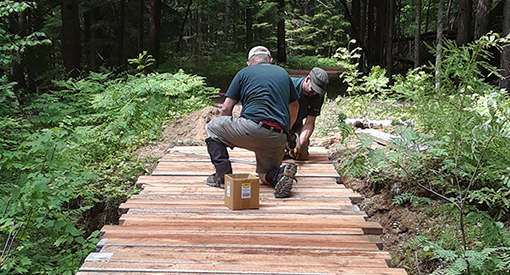
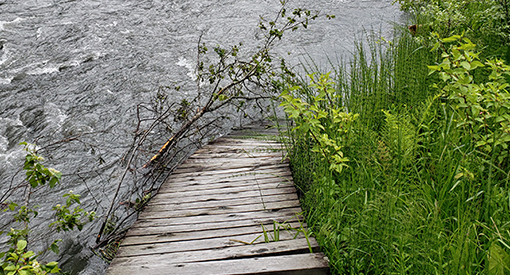
Avalanche control
Investments in new technology such as the complex avalanche detection network that includes an infrasonic detection array, long range radar, short range radar, laser impulse snow height acquisition and a geophone avalanche sensor, are helping increase the efficiency and accuracy of the avalanche control program and reduce highway closure times.
Visitor experience
Plans are underway for modified reopening of the Giant Cedars boardwalk in 2024 while long-term plans are being developed for more sustainable and accessible designs for Giant Cedars and Skunk Cabbage.
Environmental protection
A dam and weir that was used to provide water for the Rogers Pass area has been removed and the creek restored for better aquatic connectivity. Water is now provided from two wells. Parks Canada continues to respond to and remediate spills along the highway corridor. Significant progress has also been made to remediate contaminated sites from historic railway and highway operations.
Management areas
Area management focuses on specific areas of the national parks that have complex management challenges, including important natural and/or cultural values, high visitation, public interest, significant infrastructure and multiple visitor experience opportunities. Objectives and targets proposed for each of the three areas focus on visitor-use management and minimizing/mitigating impacts to ecological and cultural integrity.
In 2023, Parks Canada has taken steps to ensure safety of bears and people in Mount Revelstoke National Park and the Snowforest Campground. Worked on drafting a visitor experience strategy to identify meaningful, inclusive visitor experiences and identified necessary structural upgrades for the long-term sustainability of the Rogers Pass Discovery Centre. Installed culverts for safe toad migration and managed wildfire and used a prescribed fire on the Beaver Valley area.
Management areas detailed progress
Meadows in the Sky area from Columbia River Valley to alpine headwaters
Human-wildlife coexistence
Parks Canada takes human-wildlife coexistence seriously and has taken steps to ensure the safety of both bears and people in Mount Revelstoke. While primary tools focus on awareness and education for visitors, two restrictions have been implemented due to ongoing concerns: a dog restriction at the summit and a soft-sided restriction in Snowforest Campground. Ongoing monitoring and assessment help inform the success of these measures and identify next steps.
Snowforest Campground
Parks Canada’s newest campground has been well received in its first three years of operation, helping increase the number of people able to stay longer and enjoy the park.
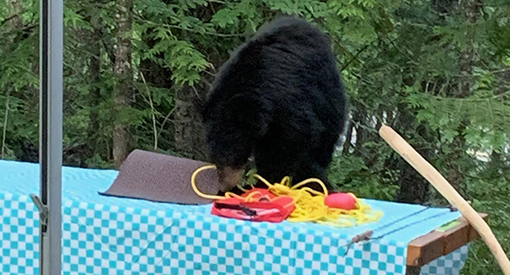
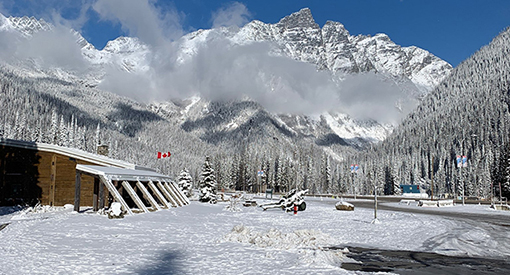
Rogers Pass National Historic Site
Visitor Experience Strategy (VES)
Working in collaboration with Indigenous partners and in discussion with stakeholders, a VES is being drafted to identify opportunities for meaningful, inclusive visitor experiences that reflect the true essence of this place and the diverse stories and histories.
Environmental design and sustainable development
Necessary structural upgrades will be undertaken over the next several years to improve the long-term sustainability and integrity of the Rogers Pass Discovery Centre and to make improvements to the interior spaces and exhibits.
Beaver Valley Area
Connectivity
The Beaver Valley access road cuts through a known toad migration route. Toads at various life stages cross the road travelling between wetland and forest habitat. To help these amphibians, Parks Canada installed strategically placed culverts for toads to cross safely underneath the road.
Fire
Over the last 6 years, Parks Canada has both managed wildfire and used prescribed fire in the Beaver Valley area protecting infrastructure and neighbouring lands while allowing fire to create natural fire breaks and restore natural ecosystems.
- Date modified :
